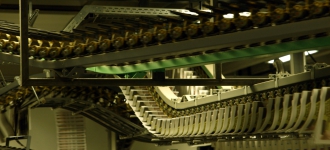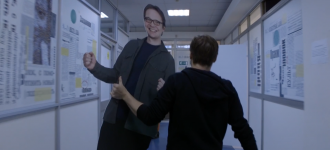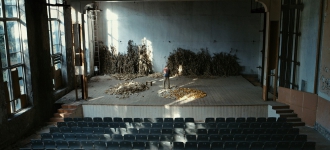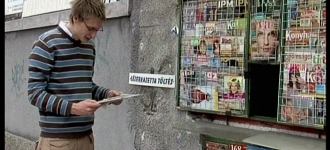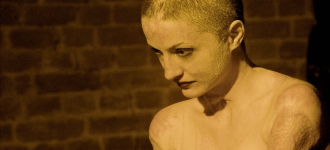Screening the Fourth Estate
Long before the emergence of contemporary media, the press was known as the fourth estate—a salutary label acknowledging its function in the operation of government through shaping the opinions of diverse groups, from local to transnational communities. The influence media outlets have over political decisions rests upon the audiences’ trust in the expertise, responsibility and ethics of media professionals. But, the media is also exposed to political attacks, and is a desirable object of commercial acquisition, which puts its independence at risk. With rapid technological developments that facilitate the generation and circulation of fake news, media companies possess powerful tools of manipulation, which are most often used to increase outreach, generate income, or support a particular agenda. The original idea of media impartiality is thus challenged today in multiple ways, and the operational modalities for free media need to be thoroughly scrutinized and reestablished.
The section of our program, Screening the Fourth Estate, includes seven fascinating documentaries that critically explore the role of media in contemporary society. It offers an in-depth exploration of the operational mechanisms of different types of media (the printed press, television broadcasting and internet media), while revisiting ideas of professional ethics, objectivity and community. Documentary films provide unique access to behind-the-scenes developments, complementing, and in many ways surpassing, the in-depth insight of written accounts. The program also includes a masterclass by filmmaker Askold Kurov, and discussion panels on investigative journalism and new economic models for sustainable media—organized in cooperation with the Center for Media, Data, and Society at CEU.

